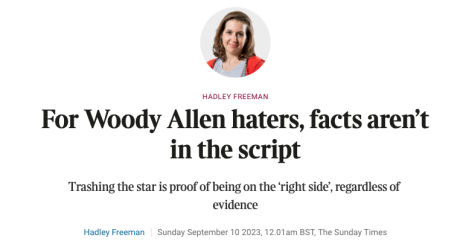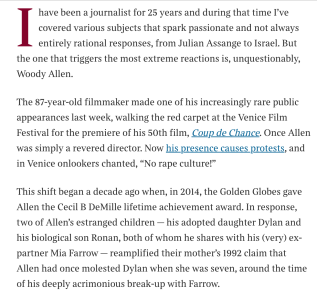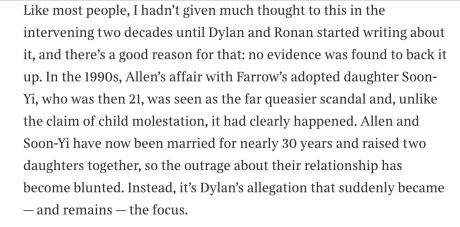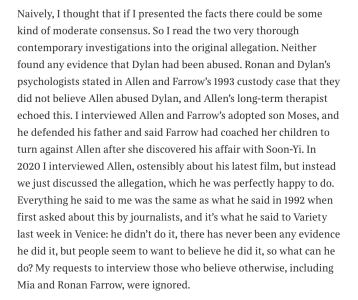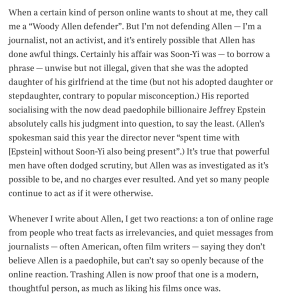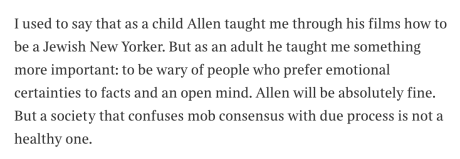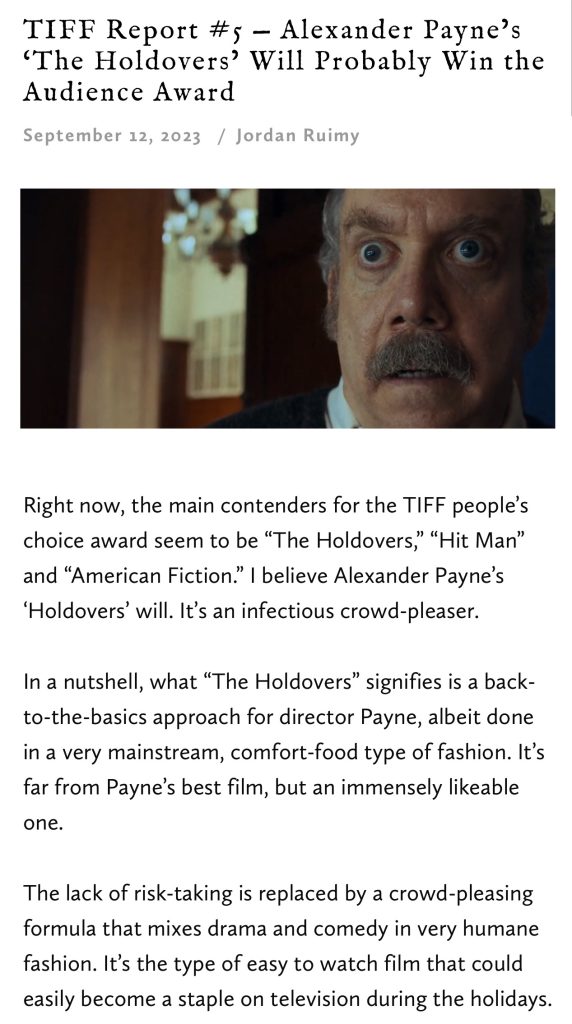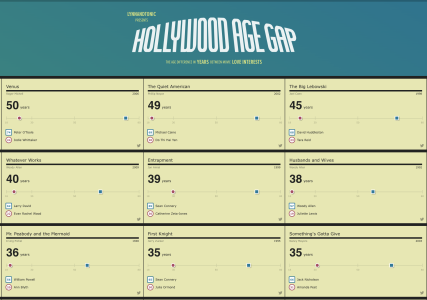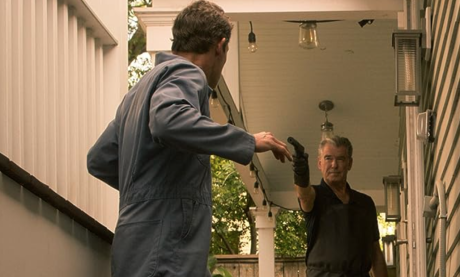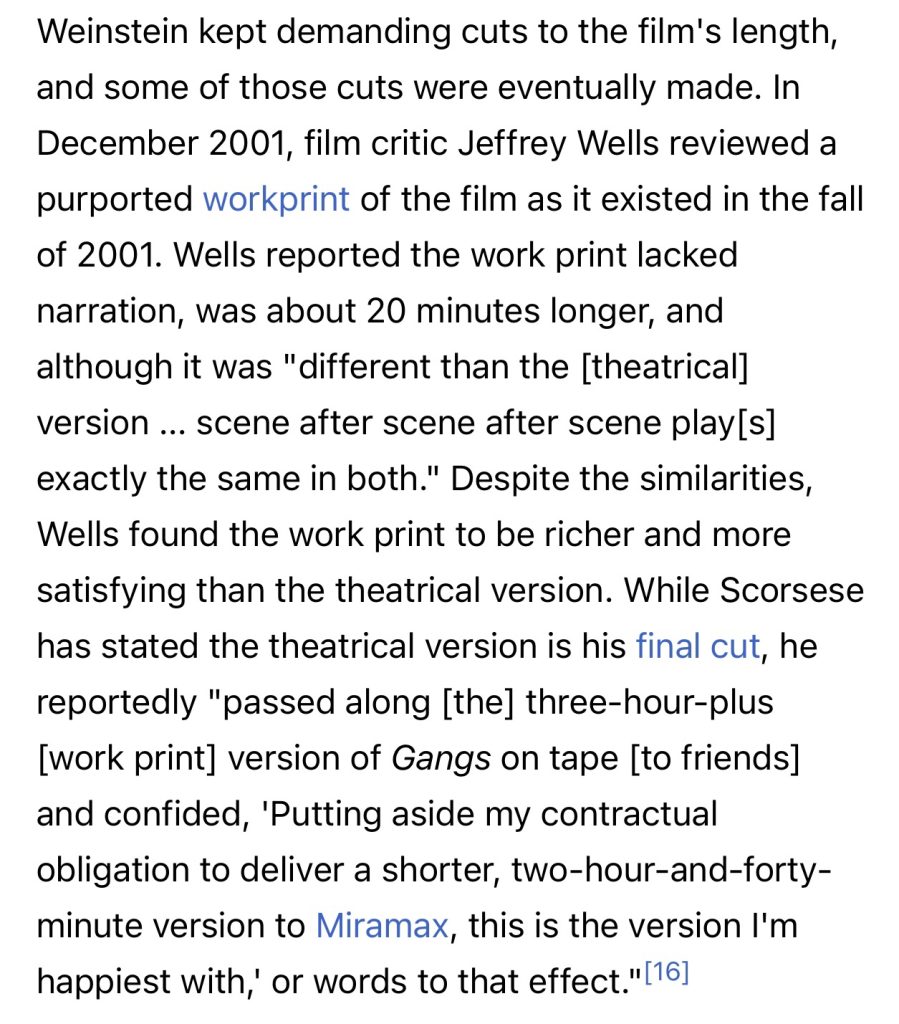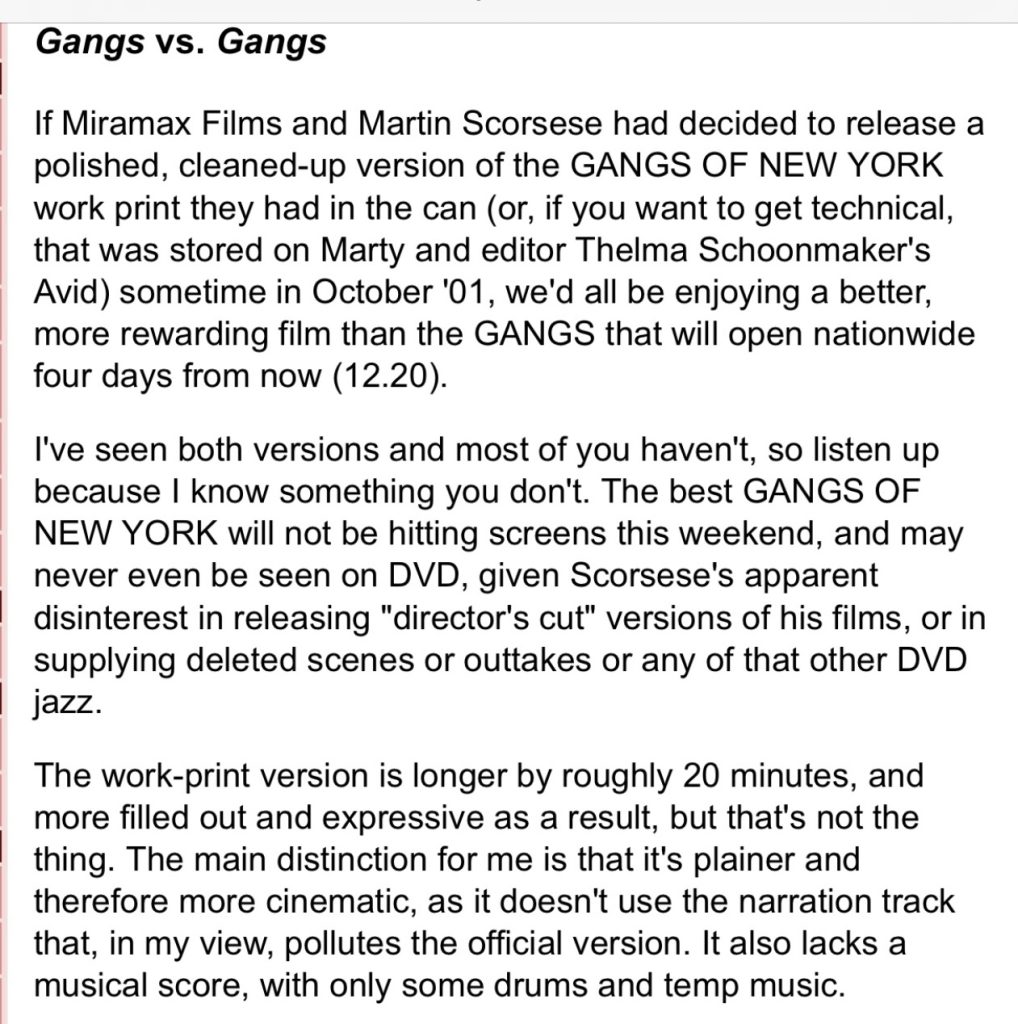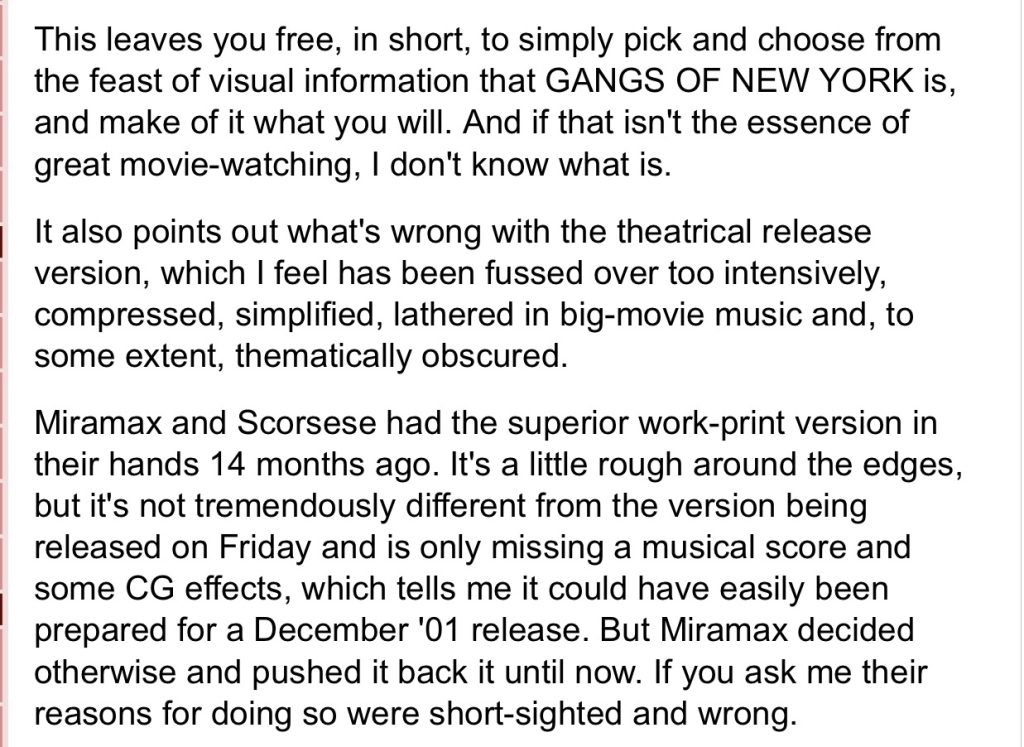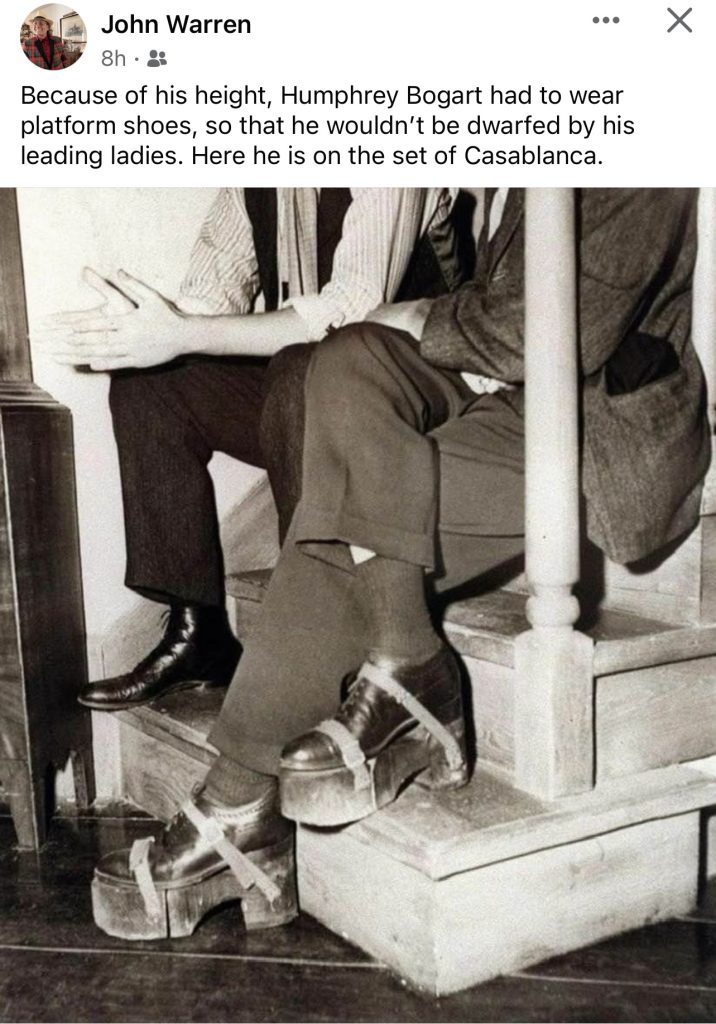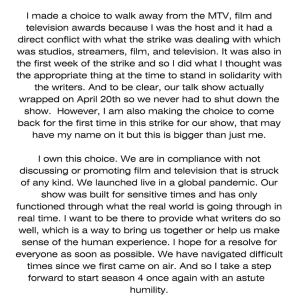In a 9.12 Time cover story by Stephanie Zacharek, Killers of the Flower Moon director Martin Scorsese has confirmed what costar Lily Gladstone told Variety‘s Zack Sharf nine months ago, which was that Flower Moon, a sprawling crime epic about the FBI’s investigation of the Osage Nation murders in 1920s Oklahoma, was given a woke rewrite — one that de-emphasized the FBI nailing the bad guys and emphasized the perspective of Osage Nation and the pain their community had endured.
“After a certain point, I realized I was making a movie about all the white guys,” Scorsese tells Zacharek. “Meaning I was taking the approach from the outside in, which concerned me.”
In a 1.20.23 article, Gladstone explained to Sharf, Variety‘s resident wokester lobbyist and spokesperson, that Scorsese had basically re-thought the 1920s saga, which had begun as a kind of “birth of the modern FBI” story.
This is how Scorsese’s adaptation of David Grann’s 2017 novel began, according to what costar Leonardo DiCaprio told me at a San Vicente Bungalows party in late 2019.
The basic plot, Leo said, would focus on former Texas Ranger Tom White (whom Leo was intending to play at the time), and his having been ordered by top G-man J. Edgar Hoover to take over the Osage murders case and make sure the bad guys pay the price.

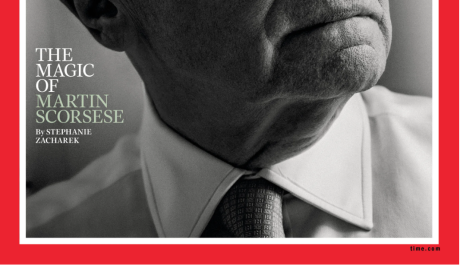
But eventually Scorsese and screenwriter Eric Roth concluded that a “birth of the modern FBI” tale wouldn’t be woke enough (i.e., too white-guy oriented), and that their film hadn’t sufficiently considered the Osage native point of view of the killings and the investigation of same.
Gladstone told Sharf that Scorsese “worked closely with the real-life Osage Nation to ensure his movie would properly represent the community.”
The result was that “the Osage Nation ended up positively changing Flower Moon from what Scorsese [had] originally planned.”
“The work is better when you let the world inform the work,” Gladstone explained to Sharf. “That was very refreshing how involved the production got with the [Osage Nation] community. As the community warmed up to our presence, the more the community got involved with the film.
“It’s a different movie than the one [Scorsese] wanted to make, almost entirely because of what the community had to say about how it was being made and what was being portrayed.”
HE antagonist Glenn Kenny, for one, didn’t like the thrust of Gladstone’s statements, which was that Scorsese had altered course out of concern that Flower Moon would be perceived as too white-guy oriented (a la James Stewart in Mervyn LeRoy‘s The FBI Story, which I rewatched and riffed about on 7.16.23).
“That’s Gladstone’s perspective,” Kenny argued, “shaped through that of Sharf, and in any event has nothing to do with reshoots. Scorsese and company were getting Osage input from well before the cameras started rolling.
Kenny to HE: “Look, man, I know how precious the ‘Native Americans strong-armed Scorsese into going woke‘ narrative is to you, and I know you’re gonna stick with it through thick and thin, but just don’t pretend too much insider knowledge here.”
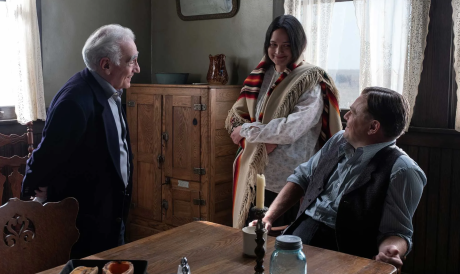
HE to Kenny: “So Gladstone misstated Scorsese’s creative strategy (i.e., before the alleged Osage Nation re-think) in order to celebrate the Osage Nation’s strength as a culture and to emphasize that their perspective on the 1920s murders was, thank God, crucially included at the 11th hour?
“You’re saying, in other words, that Scorsese had understood the entire Killers equation from the get-go, as had original author David Grann, and that neither of them needed woke tutoring as far as the Osage perspective was concerned? And that DiCaprio was full of shit when he told me in late ’19 that the film would be about the birth of the FBI?
“Gladstone, in short, was spinning her own impressions last January, and Sharf, a go-along wokester parrot, played along?”
Kenny to HE“: “Maybe so.”
HE respects Scorsese for dealing straight cards by confirming what Gladstone conveyed to Sharf last January.
To hear it from Zacharek, Marty is basically saying, in effect, “I knew we had to respect the Osage Nation viewpoint, first and foremost, and so we did that.
“I also knew, to be perfectly honest, that our movie wouldn’t be approved by the wokester chorus if Eric and I didn’t ease up on the ‘FBI agents as white saviors’ theme, and so we decided to woke it up and make the kind of of film that Lily and the Native American community in general wanted to see.”
Scorsese elaboration by way of HE interpretation: “It just seemed like a politically sensible and sensitive thing to do…now I can say with a proud and straight face that I’ve made a Scorsese-style woke film about Native American genocide in 1920s Oklahoma, and I feel completely at peace with this approach because the facts required it.
“In the final analysis these are the times in which we’re living, and I knew that the wokesters had dismissed The Irishman because it was too white and too goombah Italian and wasn’t in the multicultural swing of things like Parasite, and so I adjusted our approach so that Native Americans would approve, and that wokesters wouldn’t give us a hard time.”
Read more

